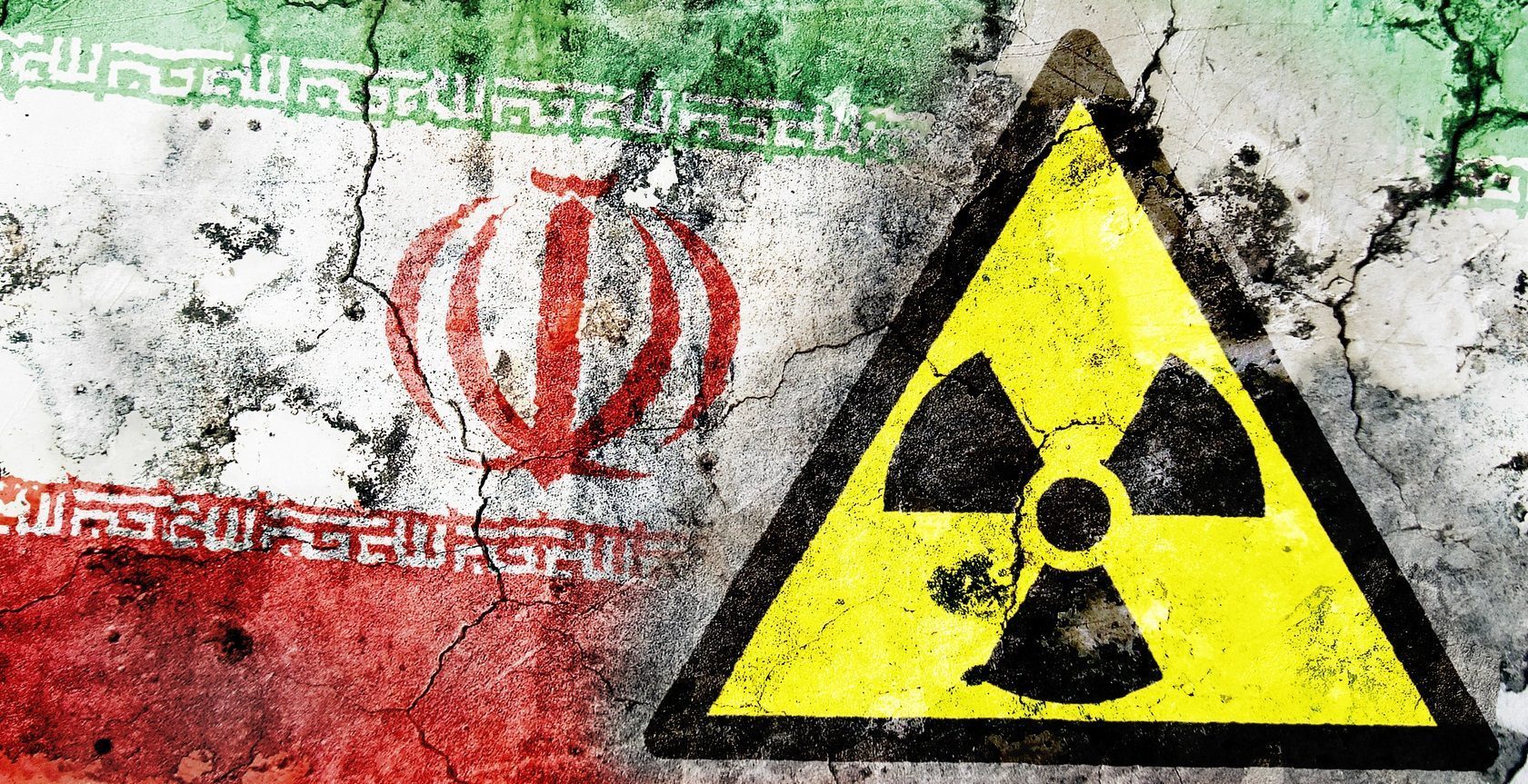
A United Nations decision to suspend all aid convoys to Syria has come under fire from Aleppo residents who say that they have not had access to basic humanitarian supplies such as food in months.
Air raids rocked northern Syria’s Aleppo province on Tuesday, hours after 18 lorries in the UN convoy were hit in the Uram al-Kubra district west of Aleppo city.
The Syrian Observatory for Human Rights said that the attacks were carried out by either Assad regime’s or Russian aircraft and at least 32 people were killed.
At least 18 of 31 trucks in a U.N. and Syrian Arab Red Crescent (SARC) convoy were hit on Monday along with an SARC warehouse. The convoy was delivering aid for 78,000 people in the hard-to-reach town of Urm al-Kubra in Aleppo province.
The International Committee of the Red Cross (ICRC), which said it was postponing an aid convoy that had been set to deliver supplies to four besieged Syrian towns, warned of the consequences for millions of civilians in need.
“Today the UN stopped the aid to the Syrian people. Our people are dying. We have not had aid come in for a very long time,” Ibrahim al-Hajj, a member of the all-volunteer rescue team known as the Syrian Civil Defence, who spoke to Al Jazeera from Aleppo. “My family and I have one week’s worth of stored food left, and after that, we will run out.”
“The attack deprives thousands of civilians of much-needed food and medical assistance,” said a statement issued by the International Federation of Red Cross and Red Crescent Societies. The statement described the incident as a “flagrant violation of international humanitarian law”.
“At least 47 Syrian civilians were killed on Monday: women, men and children as young as eight years old,” added al-Hajj, who accompanies rescue workers to the scene of every attack to document the details.
Marwa Taleb, a mother and resident living in the east of the city, says she “wishes the ceasefire was never implemented”. “They showed us the Eid ceasefire, and on Monday, they showed us hell. It was horrific. They were vicious and fanatic with their use of cluster bombs. You cannot imagine how much they bombarded us with cluster bombs,” Taleb told Al Jazeera, saying that the attacks took place on the street adjacent to her home.
“The ceasefire was good for the children because they were able to rejoice in Eid. But I wish it was never implemented. We became so desensitised to the bombardment that it has become a regular part of our lives,” continued Taleb. “So, when the shelling started again, the children became very aware of the difference.”
Dire situation in Aleppo
Aleppo residents say the effects of the siege have been reflected in the high price and scarcity of food in the markets, no available cooking gas or fuel for the cars. They are relying on firewood for cooking and eating mainly grains such as rice, lentils, bulgur, and herbs that can be grown.
“Food prices doubled after Eid. There are only some vegetables in the markets such as eggplant, and zucchini. There is also some parsley and yoghurt, but that is about it,” Zouhir al-Shimale, a local journalist in the city, told Al Jazeera. “One kilogram of meat used to cost $14. Now, it costs $32.”
With the siege securely in place and government forces making all exit routes out of the city inaccessible, residents such as al-Hajj who are trying to leave are unable to find a way out.
“All the roads are blocked. I am trying to get my son and my wife out – somewhere, anywhere – but I am not being able to,” said al-Hajj. “Why is everyone attacking us? Why can’t my son live safely like every other child in the world?”
“We die a thousand deaths every day, and no one cares.”
The Syrian crisis began as a peaceful demonstration against the injustice in Syria. Assad regime used to fire power and violence against the civilians and led to armed resistance. 450.000 Syrians lost their lives in the past five years according to UN estimates, and more than 12 million have lost their homes. Syria



